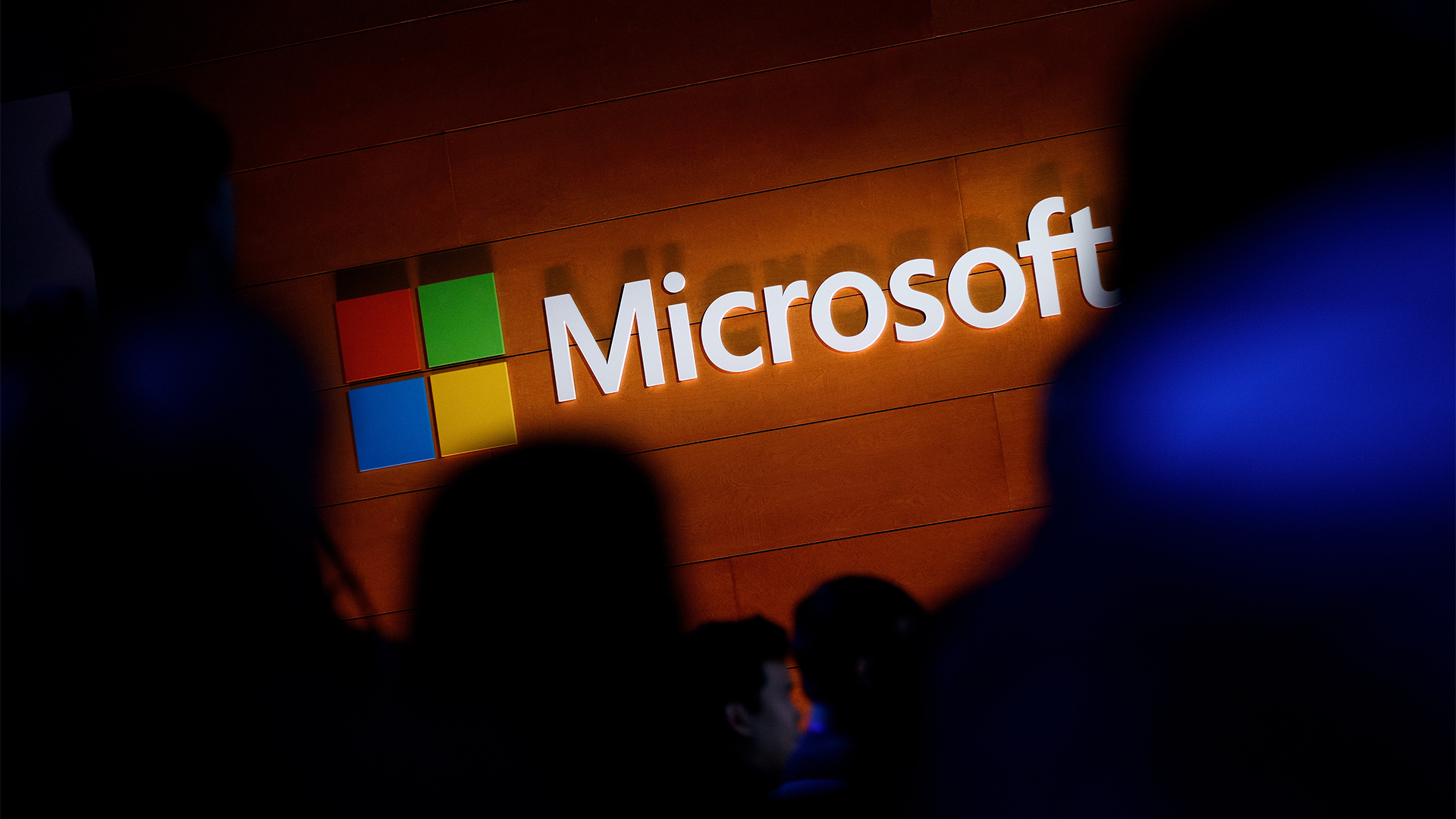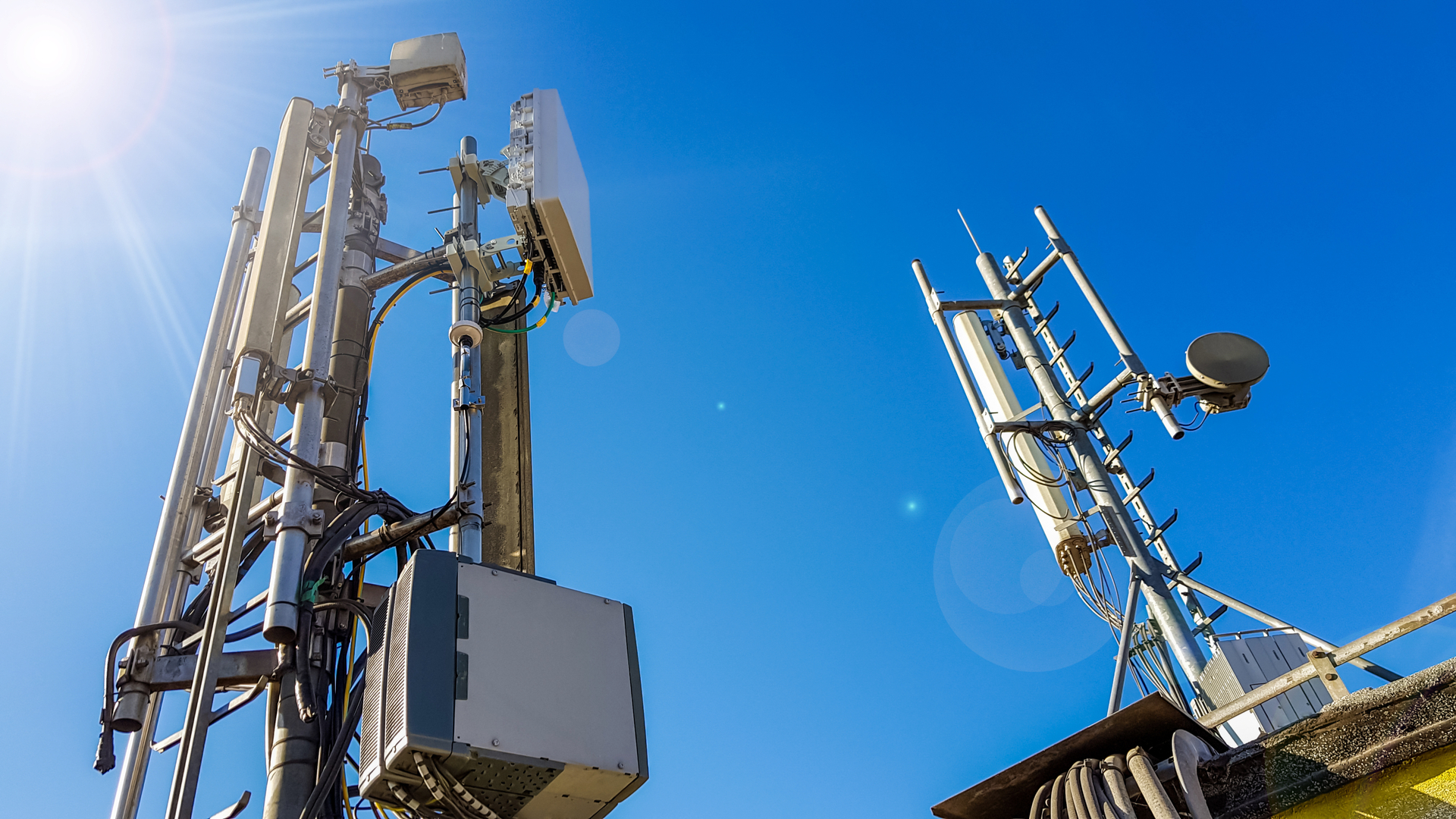Smartphones are UK's number one way to get online
Ofcom says laptops have fallen behind smartphones for web browsing for the first time ever, thanks to 4G

Smartphones are now more popular than laptops as a way to get online, according to Ofcom.
One-third of UK internet users view their mobiles as the most important way to surf the web, compared to 30 per cent sticking with their laptops, research from the telecoms regulator published today showed.
And two-thirds of people now own smartphones, using the devices to browse the net for nearly two hours everyday, compared to just over an hour for laptop and PC users, according to the 2015 Communications Market Report.
Ofcom claimed its latest survey marks a momentous change in device popularity in the UK, when in 2014 just 22 per cent used their phone as their primary means of getting online, and 40 per cent chose their laptops.
"This is a landmark shift," said Jane Rumble, Ofcom's director of market intelligence.
"You can see these devices are becoming more and more an important vital hub of information and communication throughout the day, with smartphone owners spending almost two hours (on them) each day, almost double the amount of time that those people are spending on their laptop or desktop," she added.
Ofcom's figures suggest that 16 to 24-year-olds are the catalyst for this rise, with 90 per cent owning smartphones, but 55 to 64-year-olds are fuelling the increase as well, with 50 per cent now owning smartphones, compared to just 19 per cent in 2012.
Sign up today and you will receive a free copy of our Future Focus 2025 report - the leading guidance on AI, cybersecurity and other IT challenges as per 700+ senior executives
However, Rumble said: "Those aged 16 to 24 are much more likely, as well as 25 to 34, to say their smartphone is the most important device to get online, whereas for the older age groups, they are much more likely to be sticking with their laptop."
4G
Ofcom credited the growing UK coverage of 4G for the boost in popularity of smartphone connectivity, saying 4G tariffs rose from 2.7 million to 23.6 million over 2014.
Now, nearly 90 per cent of UK premises have at least one 4G mobile broadband service available to them, while four in 10 consumers can choose between offers from EE, O2, Three and Vodafone.
Ofcom rules mean that 98 per cent of premises will have an indoor 4G signal from at least one operator by 2017, and the regulator will publish maps in the coming months to allow people to check their area's 4G coverage.
Sharon White, Ofcom chief executive, said: "Today's report shows just how important reliable, fast internet access is to millions of consumers and businesses. Improving the coverage and quality of all communications services across the UK is a priority for Ofcom, for people at work, home or on the move."
Those with 4G tend to do more with their smartphones online than those without, according to the watchdog.
For instance, 55 per cent of 4G users shop online compared to 35 per cent without 4G, and 55 per cent of 4G users use mobile banking, compared to 33 per cent of non-4G subscribers.
But they even watch more TV and video clips online (57 per cent compared to 40 per cent) and make more video calls and voice calls over the internet (28 per cent compared to 20 per cent).
They also send more photos and videos via text (49 per cent versus 36 per cent) and instant messages via services like WhatsApp (63 per cent compared to 50 per cent).
James Thickett, Ofcom's director of research, said: "4G has supercharged our smartphones, helping people do everything from the weekly shop to catching up with friends with a face-to-face video call."
Overall, people told Ofcom their time online is a good thing, with 64 per cent of adults going online saying it helps them keep up with current issues, while 60 per cent say it is a way to stay in touch with friends and family.
-
 The six biggest security challenges coming in 2026
The six biggest security challenges coming in 2026In-depth What will be the main challenges businesses face in 2026 and what can they do to prepare?
-
 Channel focus: All you need to know about Microsoft's partner program
Channel focus: All you need to know about Microsoft's partner programChannel Focus The veteran OS developer and vendor continues to advance its strategy, particularly in Azure cloud solutions and AI
-
 Ofcom net neutrality update dismisses calls for big tech contributions
Ofcom net neutrality update dismisses calls for big tech contributionsNews Ofcom’s net neutrality stance has been criticized by some industry stakeholders
-
 UK 5G spectrum auction will finally go ahead this week
UK 5G spectrum auction will finally go ahead this weekNews The much awaited auction will involve companies bidding for frequency in two bands
-
 Almost one million Brits still suffer with appalling broadband speeds, Ofcom report finds
Almost one million Brits still suffer with appalling broadband speeds, Ofcom report findsNews A new Ofcom report reveals a massive 925,000 people are still on downloads speeds of less than 10Mbps
-
 ISPs now have 30 days to fix net speeds or face null contracts
ISPs now have 30 days to fix net speeds or face null contractsNews Ofcom confirms customers will soon be able to walk away if their service dips
-
 More than a million UK properties don't have access to 'decent' broadband speeds
More than a million UK properties don't have access to 'decent' broadband speedsNews Ofcom's Connected Nations report finds broadband is still lacking across 4% of the UK
-
 BT offers to invest up to £600m to provide universal high-speed broadband
BT offers to invest up to £600m to provide universal high-speed broadbandNews The company's offer would replace new regulation proposed by the government
-
 Ofcom caps EE and BT's spectrum bidding
Ofcom caps EE and BT's spectrum biddingNews Regulator will limit how much spectrum a single mobile operator can own
-
 Ofcom caps BT's Openreach prices
Ofcom caps BT's Openreach pricesNews Regulator limits the amount that rivals can be charged for leasing the company's superfast broadband